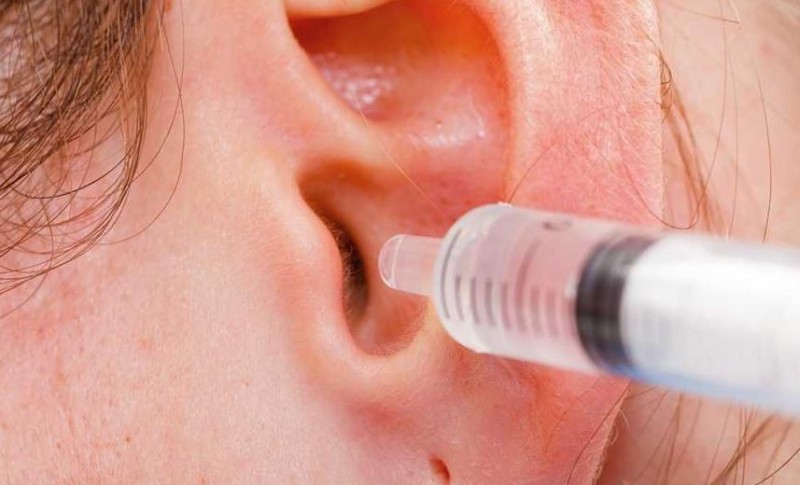
In many cultures, the practice of putting oil in children's ears has been passed down through generations as a remedy for various ear-related issues. However, recent medical insights suggest that this traditional remedy may carry significant risks for children's auditory health. In this comprehensive exploration, we will delve into the potential dangers associated with putting oil in children's ears and explore alternative approaches recommended by medical experts.
The Risk of Hearing Loss:
The delicate structures of the ear, including the eardrum and ear canal, can be susceptible to damage from improper interventions such as applying oil. The ear canal serves to transmit sound waves to the eardrum, where they are converted into nerve impulses for the brain to interpret. Any disruption to this process can result in hearing impairment, ranging from temporary to permanent loss. Medical experts caution against the indiscriminate use of oil in children's ears, as it can lead to irreversible damage and long-term consequences for their auditory health.
Otomycosis: A Fungal Threat:
Otomycosis is a fungal infection of the external ear canal, often associated with moisture buildup and poor hygiene practices. Applying oil in the ears creates a warm and moist environment conducive to fungal growth, increasing the risk of otomycosis in children. Fungal infections can cause itching, pain, and discharge from the ear, leading to discomfort and potential complications if left untreated. Medical professionals emphasize the importance of maintaining ear hygiene and avoiding practices that promote fungal proliferation, such as oil application.
Ear Infections and Bacterial Contamination:
The introduction of oil into the ear canal can also elevate the risk of bacterial infections. Oils may harbor bacteria, which can thrive in the warm and humid environment of the ear canal, leading to infections such as otitis externa (swimmer's ear) or otitis media (middle ear infection). Children with underlying health conditions or compromised immune systems may be particularly vulnerable to such infections, necessitating prompt medical attention. Instead of relying on oil as a home remedy, parents are encouraged to seek professional medical guidance for the appropriate management of ear infections in children.
Implications for Earwax Management:
While the intent of putting oil in children's ears may be to soften and remove earwax, this practice can inadvertently exacerbate earwax buildup and lead to complications. Earwax serves a protective function in the ear canal, trapping dust, debris, and microorganisms to prevent them from reaching the delicate structures of the inner ear. However, excessive or impacted earwax can cause discomfort and affect hearing. Rather than resorting to oil application, medical experts recommend safer methods of earwax removal, such as irrigation or manual extraction performed by trained professionals.
Potential Adverse Effects on Ear Health:
In addition to the immediate risks of hearing loss, infections, and otomycosis, putting oil in children's ears can have long-term implications for their auditory health. The repeated introduction of foreign substances into the ear canal may disrupt the delicate balance of the ear's microenvironment, leading to chronic inflammation, irritation, and tissue damage. Furthermore, the improper application of oil or insertion of foreign objects into the ear can result in traumatic injury or perforation of the eardrum, necessitating surgical intervention and rehabilitation.
In conclusion, the practice of putting oil in children's ears, though rooted in cultural tradition, carries significant risks for their auditory health and overall well-being. Medical experts emphasize the importance of evidence-based practices and professional guidance in managing ear-related issues in children. By raising awareness about the potential dangers of oil application and promoting safer alternatives, we can protect children from unnecessary harm and ensure their optimal auditory development and quality of life.
Can Adding Milk to Tea Cause Harm? Experts Weigh In
These 2 Tricks Can Help You Get Rid of Belly and Hip Fat
How Consuming This One Thing Can Solve Chronic Constipation: Here's How to Do It